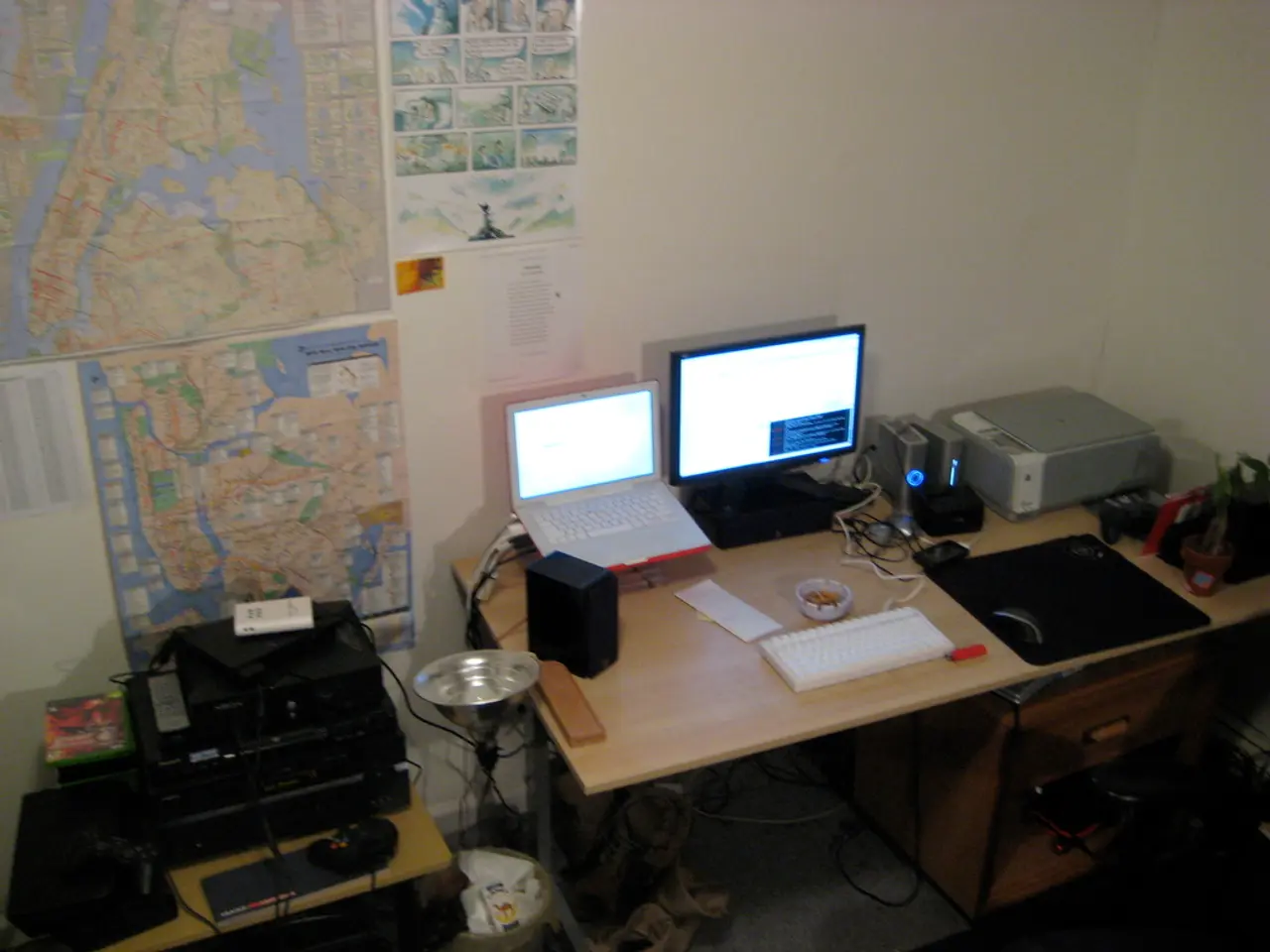EU-China Medical Device Tensions Escalate With Reciprocal Procurement Bans
China's ambitious plans for its medical technology sector, as seen in initiatives like 'Made in China 2025', have sparked a tense standoff with the European Union. The conflict escalated recently with reciprocal measures on medical device procurement, raising concerns about broader trade tensions.
The EU, in late June, barred Chinese medical device suppliers from bidding for public contracts worth over EUR 5 million for five years. This decision followed findings that 87% of Chinese hospital tenders excluded foreign suppliers. The European Commission argued that this ban was necessary to ensure fair market access.
China swiftly responded with its own restrictions. It announced new rules barring government purchases of medical devices worth over 45 million CNY (5.3 million EUR) from European suppliers, unless they produce in China. Non-EU companies were also excluded if more than half the value of the devices came from the EU. Despite these measures, the economic impact appears limited, as they apply only to high-value government tenders and not private imports.
Analysts like Altynay Junusova from MERICS, Berlin, suggest that Beijing's restrictions are more about politics than economics. They see these moves as China pushing back against Brussels, using procurement rules to assert its influence. Meanwhile, China has also announced support measures for its advanced medical equipment sector and plans to strengthen post-market oversight and boost R&D.
The tit-for-tat trade escalation between the EU and China continues, with both sides imposing restrictions on medical device procurement. While the immediate economic impact is limited, the political implications are significant. The situation underscores the broader tensions in EU-China trade relations and raises questions about the future of these ties.




